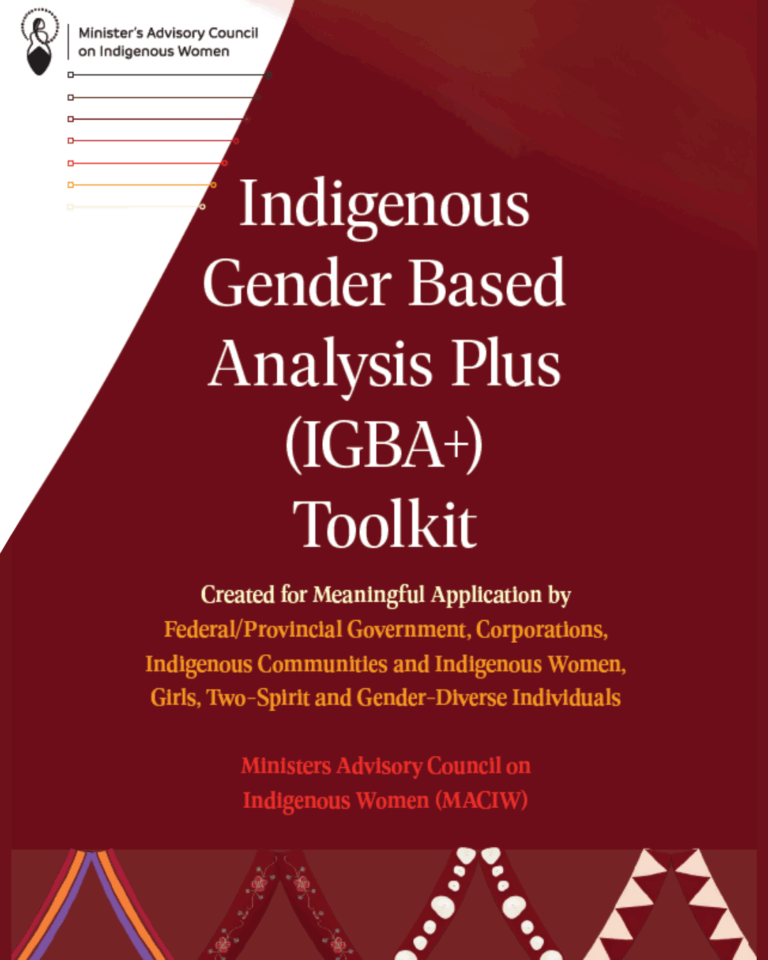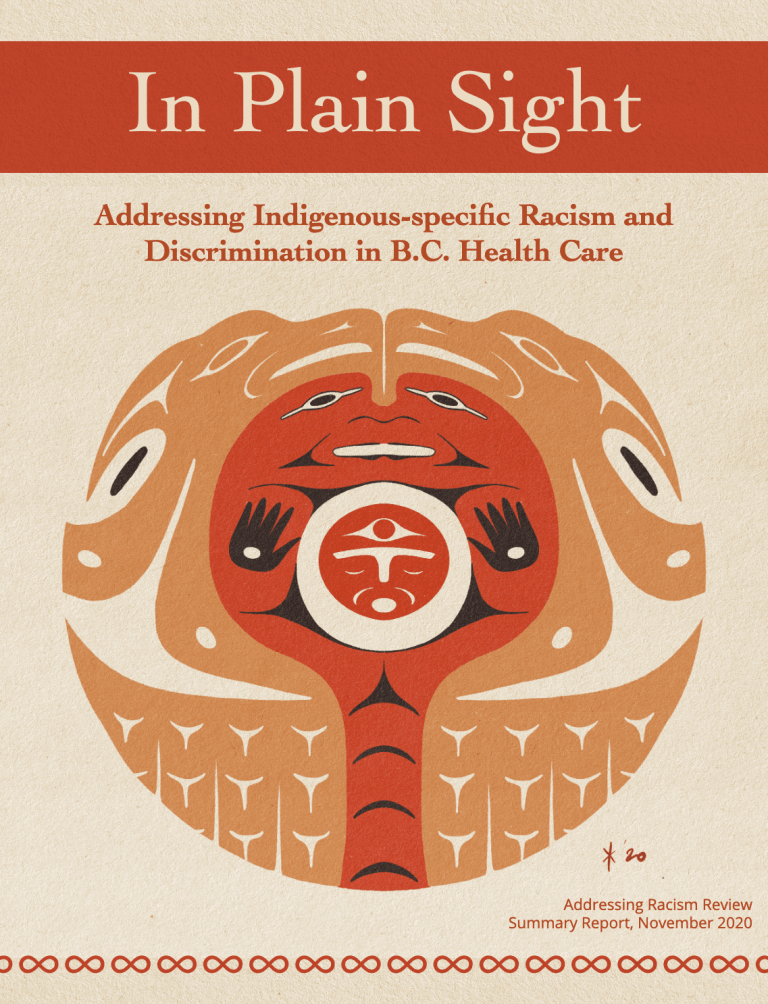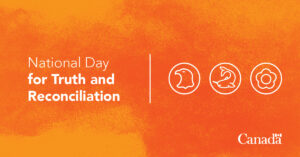
September 30: National Day for Truth and Reconciliation
National Day for Truth and Reconciliation, also known as Orange Shirt Day, is observed annually on September 30. This day acknowledges the profound and lasting impacts of the residential school system on Indigenous peoples, as well as the ongoing effects of government institutions and the collective commitment to reconciliation.
The day honours the Survivors of the residential school system, their families, and the children who never returned home—and to take meaningful action towards reconciliation. At the Women’s Health Research Institute, we recognize the importance of continually acknowledging this truth and taking meaningful action to eliminate Indigenous-specific racism in health care—especially for Indigenous women, girls, Two-Spirit, and gender-diverse people.
As a provincial research institute dedicated to improving the health outcomes of women, including those across the 2SLGBTQIA+ spectrum, we are committed to advancing culturally safe health care systems and services that address health inequities faced by Indigenous peoples, with a focus on Indigenous women, girls, and Two-Spirit individuals.
The WHRI is committed to building a safe and equitable health research and care system where everyone feels heard and welcome. This commitment is grounded in WHRI’s Strategic Plan 2025–2028, specifically Goal #4: Advancing Indigenous women’s health as a priority for research across the province. We work closely with Indigenous health leaders and communities to support culturally safe, community-grounded research that advances Indigenous women’s health.
On this day and beyond, we encourage researchers to read the Truth and Reconciliation Commission of Canada: Calls to Action and the In Plain Sight Report. We urge the women’s health research community to reflect on these teachings and incorporate their recommendations into our work. As we move forward, we also encourage acknowledging the lands where we gather, reflecting on our positionality, and practicing commitments toward reconciliation.
This article includes community events, resources, and organizations to support your ongoing reconciliation efforts on September 30 and beyond.
In her Summer Scholar Series talk this August, Patricia Barkaskas emphasized the importance of integrating Indigenous leadership and lived experiences into research and workplaces through the Indigenous Gender-Based Analysis Plus (IGBA+) Toolkit. She highlighted that the IGBA+ principles are more than a framework—it is a pathway toward social justice, equity, and improved health outcomes for Indigenous women, girls, Two-Spirit, and gender-diverse people.
Central to the IGBA+ Toolkit approach is the recognition of how colonialism has disrupted Indigenous governance and family structures, leading to the marginalization of these communities. Implementing IGBA+ requires a critical examination of these socio-cultural and historical realities and a commitment to including Indigenous voices, knowledge, and lived experiences in decision-making and in women’s health research.
Barkaskas highlighted that the Toolkit’s seven guiding principles focus on restoring Indigenous women’s perspectives in research, governance, and policy as part of a broader commitment to respecting Indigenous sovereignty and addressing the systemic impacts of colonization and racism embedded in institutional systems and practices.
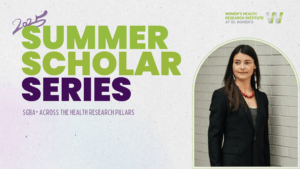
In June 2015, the Truth and Reconciliation Commission of Canada (TRC) released an overview of its findings, including 94 Calls to Action, followed by its full six-volume final report later that year. Established to document the history and lasting impacts of the residential school system, the TRC’s work represents the courage of Survivors and families who shared their stories and continues to guide a national process of healing and reconciliation.
TRC Calls to Action: Relevance to Women’s Health Research
Several TRC Calls to Action directly relate to Indigenous women’s health and the role of research in advancing equity:
- Call to Action #19 urges the federal government to close the gaps in health outcomes between Indigenous and non-Indigenous communities—highlighting maternal health and infant mortality as key indicators. Research plays a vital role in identifying these disparities and tracking progress over time.
- Calls to Action #22 and #24 focus on transforming Canada’s health-care system and medical education. They call for the integration of Indigenous healing practices and the creation of mandatory curricula on Indigenous health issues for all health professionals. Research is essential to support these systemic changes.
- Call to Action #41 led to the National Inquiry into Missing and Murdered Indigenous Women and Girls (MMIWG), which produced its own Calls for Justice. These include critical recommendations related to health, safety, and wellness, guiding future research priorities and health system reform.
These Calls to Action provide a clear framework for researchers, institutions, and policymakers to support reconciliation by addressing systemic inequities and prioritizing Indigenous-led, culturally safe health research.
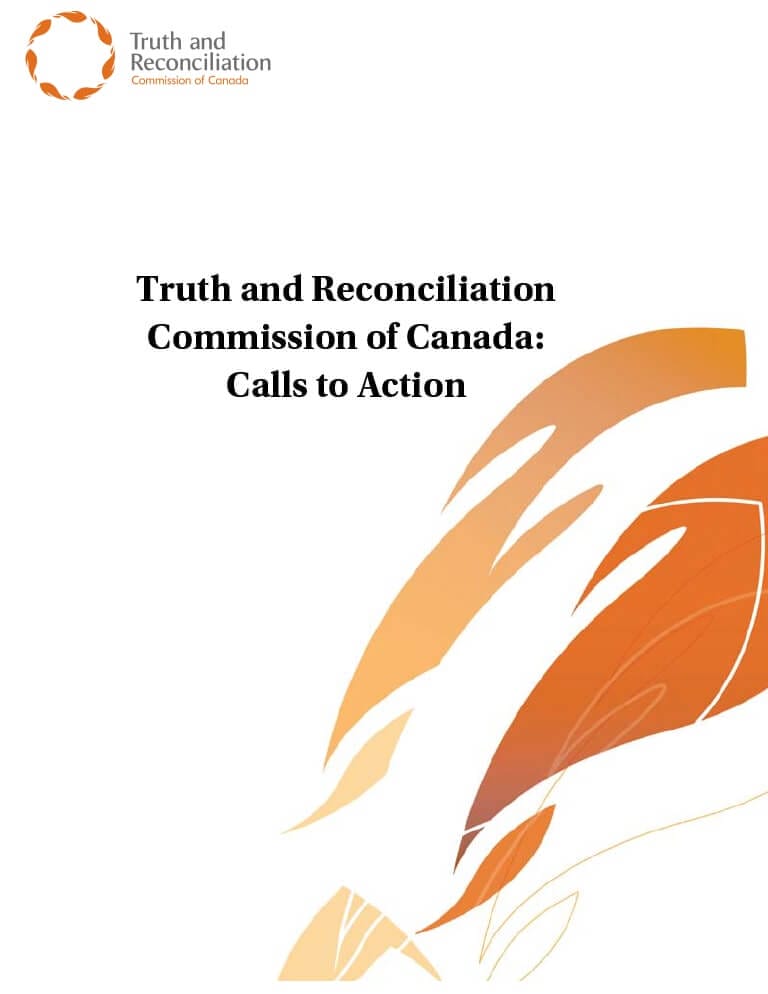
In Plain Sight: Addressing Indigenous-specific Racism and Discrimination in B.C. Health Care is a comprehensive report released in November 2020 following an independent investigation into allegations of Indigenous-specific racism within British Columbia’s health care system. Prompted by serious concerns—including reports of a “game” in which hospital staff allegedly guessed the blood alcohol levels of Indigenous patients—the review confirmed that systemic racism against Indigenous Peoples is widespread across health care settings in the province.
The report outlines 24 recommendations aimed at eliminating Indigenous-specific racism through immediate, principled, and sustained action. Key recommendations include enhancing cultural safety, increasing Indigenous leadership and participation in health governance, and ensuring accountability at all levels of the health system.
Vancouver & Lower Mainland
Vancouver | September 30 – Honouring the Past, Healing the Present, Inspiring the Future
Vancouver | September 30 – OneCity at Truth and Reconciliation
Vancouver | September 30 – Intergenerational March to Commemorate Orange Shirt Day
Vancouver | September 30 – National Day for Truth and Reconciliation with Arts Umbrella Granville Island
Vancouver | September 30 – Orange Shirt Day at Templeton Welcome Garden
Vancouver | September 30 – Culture Club at MOA: Imprints for Truth and Reconciliation with the Museum of Anthropology
North Vancouver | September 30 – Films For Truth And Reconciliation
Burnaby | September 30 – National Truth & Reconciliation Day Toonie Skate
Richmond | September 30 – Indigenous Short Films Screening
Victoria
Victoria | September 30 – National Reconciliation Day Ride
Victoria | September 30 – 4th Annual South Island Powwow
Fraser Valley
Chilliwack | September 30 – Truth & Reconciliation Day
Chilliwack | September 30 – Truth and Reconciliation Walk from Sasquatch Crossing Eco Lodge to Sandpiper Resort
Chilliwack | September 30 – Bridging Hearts: Unity and Healing at Coqualeetza Grounds
Hope | September 30 – Lighting The Path – Our Stories of Resilience
Abbotsford | September 19 – October 24 – Cedar, Sage & Sweetgrass Indigenous Art Show
Interior
Kelowna | September 30 – Reflections on Truth & Reconciliation at Okanagan Heritage Museum
Kamloops | September 30 – National Day for Truth & Reconciliation Event
Penticton | September 30 – Truth and Reconciliation: Walk for Children
As we reflect on residential schools and the ongoing impacts of colonialism, National Day for Truth and Reconciliation calls us to action—not just on September 30, but every day. At WHRI, we remain committed to advancing reconciliation through Indigenous-led research, culturally safe practices, and continued learning.
We encourage our community to engage with the resources, events, and teachings shared in this article as part of an ongoing journey toward equity, healing, and meaningful change in women’s health research.
If you have additional resources you would like us to include, please contact us at whri.communications@cw.bc.ca.
